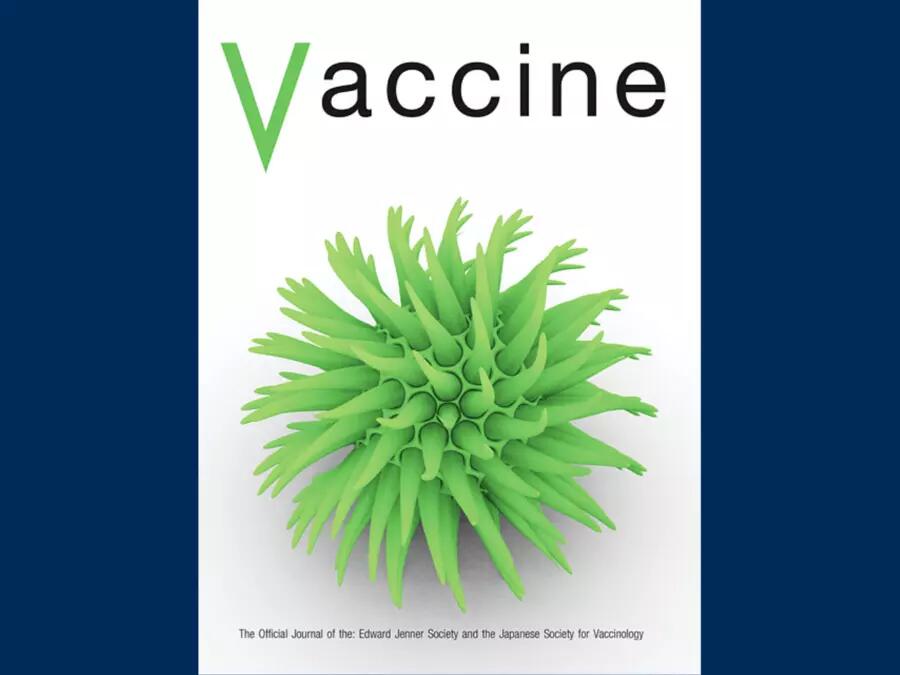
The correlates and dynamics of COVID-19 vaccine-specific hesitancy
Most work on COVID-19 vaccine hesitancy has focused on its attitudinal and demographic correlates among individuals, but the characteristics of vaccines themselves also appear to be important. People are more willing to take vaccines with higher reported levels of efficacy and safety. Has this dynamic sparked comparative hesitancy towards specific COVID-19 vaccines? We conduct a series of cross-sectional survey experiments to test for brand-based differences in perceived effectiveness, perceived safety, and vaccination intention.
Examining more than 6,200 individuals in a series of cross-sectional surveys, we find considerably more reluctance to take the AstraZeneca and Johnson & Johnson vaccines compared to those from Pfizer and Moderna if offered, despite all vaccines being approved and deemed safe and effective by a federal regulator. Comparative hesitancy towards these vaccines grew over the course of fielding as controversy arose over their link to extremely rare, but serious side effects. Comparative vaccine-specific hesitancy is strongest among people who are usually most open to mass vaccination efforts. Its effects are substantial: most respondents reported a willingness to wait months for their preferred vaccine rather than receive either the AstraZeneca or Johnson & Johnson vaccine immediately. Our findings call for additional research on the determinants and consequences of COVID-19 vaccine-specific hesitancy and communication strategies to minimize this challenge.